CEEC: Seven New Research Contracts for the IHC
Nov 30, 2021 | News

On 23 November, we learned about the results of the fourth edition of the Call to Scientific Employment Stimulus (CEEC) promoted by the FCT, in which seven new research contracts were awarded to the IHC: four in the Junior Researcher category and three in the Assistant Researcher category, which will result in five new PhD members joining the Institute’s research team.
In the Assistant Researcher category, Rui Lopes, who was wrapping-up his FCT Researcher project at the IHC on the representation of the Portuguese dictatorship and colonialism in audiovisual fiction, will now start a new audiovisual history project, now on the transnational production and circulation of visual spy fiction during the Cold War.
Coming from the University of Warwick, Amedeo Policante will also start an Assistant Researcher contract contributing to a growing body of scholarship in the “blue humanities”, focusing on the historical constitution of the sprawling submarine cable network that connects economies across the globe and transports over 95% of global data flow — the backbone of the digital economy.
Massimo Asta completes the trio of new Assistants, migrating from Cambridge University to the IHC, where he will seek a new understanding of the relationship between engagement, profession, and economic ideas, in a project on the social and intellectual history of political commitment and heterodox economics in Europe in the first half of the 20th century, namely France, United Kingdom, Italy and Austria.
In the Junior Researcher category, Quintino Lopes will continue his research project on the history of the Experimental Phonetics Laboratory of the University of Coimbra, a case study useful to rethink the complex relationships between scientific “centers” and “peripheries” in the 20th century.
From Greece, via Germany, we will host Sotirios Karampampas, who will have the challenge of identifying the factors that facilitated the diffusion of left-wing armed violence through time in Greece and Portugal, in a comparative perspective and combining process tracing with the collection of primary and archival data.
Felipe Brandi will develop a project of cultural history and memory studies, with a transnational and interdisciplinary approach of the image of the Three Orders — the Priests, the Warriors, and the Workers — in European past as well as in contemporary Western societies.
Finally, Mélanie Toulhoat will focus on the circulation of anti-colonial and pedagogical practices, studying the possible reconfigurations of Paulo Freire’s experiences and analysing the emancipatory educational activities developed in Guinea-Bissau and Cape Verde, using written, material, visual and oral sources in Switzerland, Portugal, Brazil, Guinea-Bissau, and Cape Verde.
Picture credits: David Sinclair on Unsplash; Umberto on Unsplash; Andres Garcia on Unsplash; Andy Makely on Unsplash; Markus Winkler on Unsplash; Sushil Nash on Unsplash; “Paulo Freire” by Paulica Santos (CC BY-NC-SA 2.0).
Other news
-
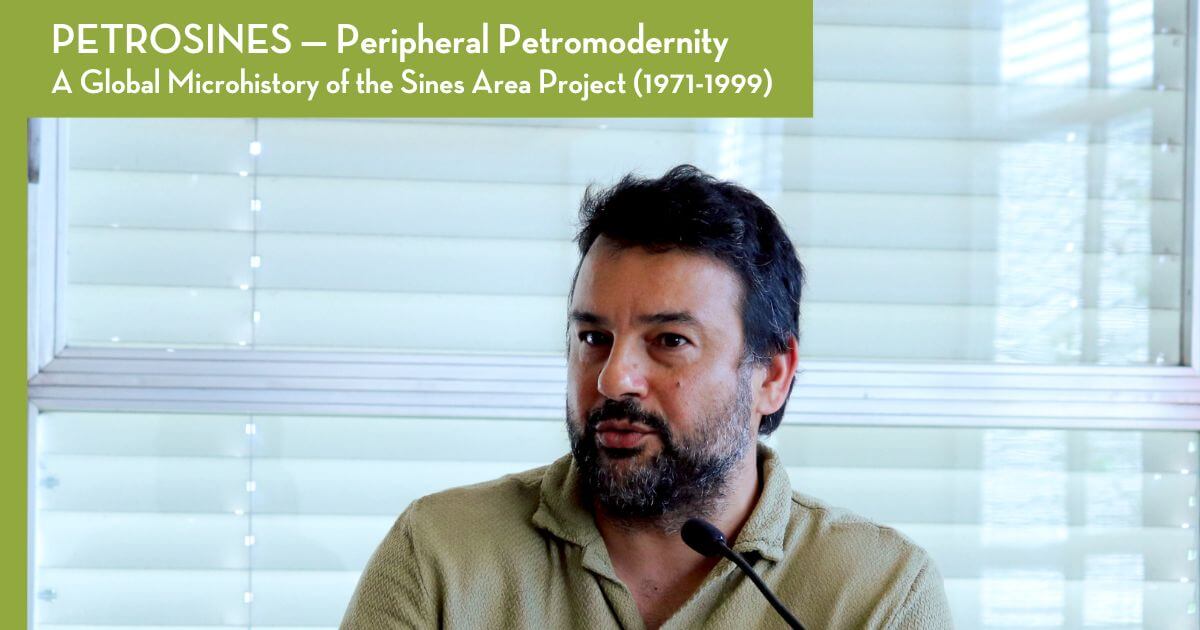 The PETROSINES project was one of the six History projects that received funding from the FCT
The PETROSINES project was one of the six History projects that received funding from the FCT -
 Statement from the team of the project FILMASPORA
Statement from the team of the project FILMASPORA -
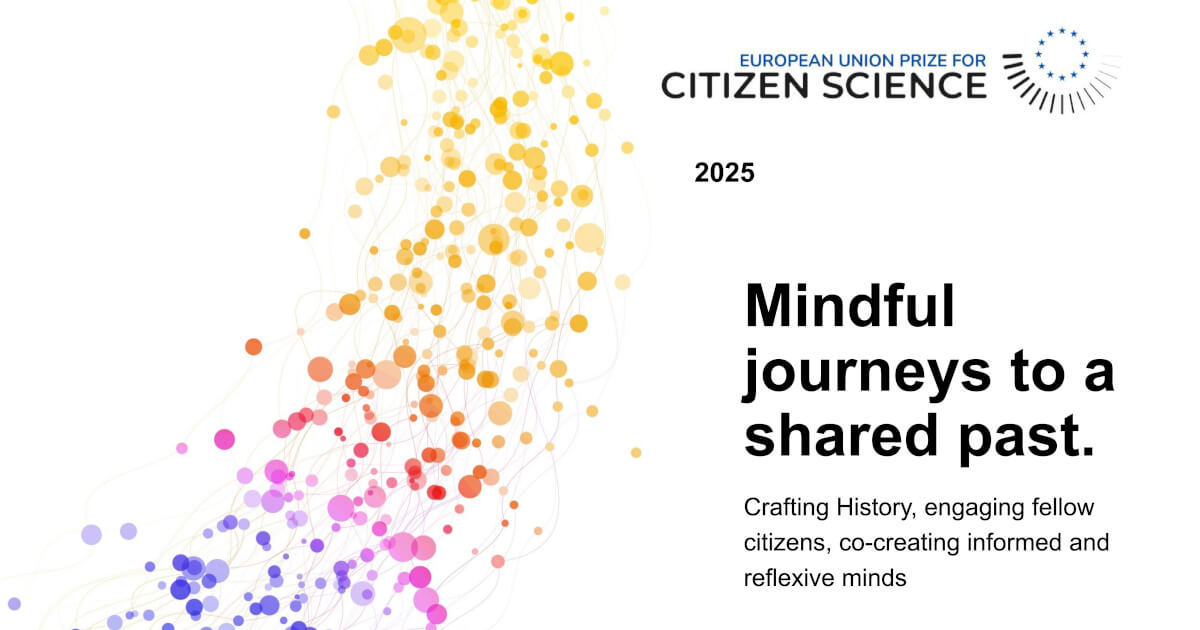 VINCULUM's application received an Honourable Mention in the European Union Prize for Citizen Science 2025
VINCULUM's application received an Honourable Mention in the European Union Prize for Citizen Science 2025 -
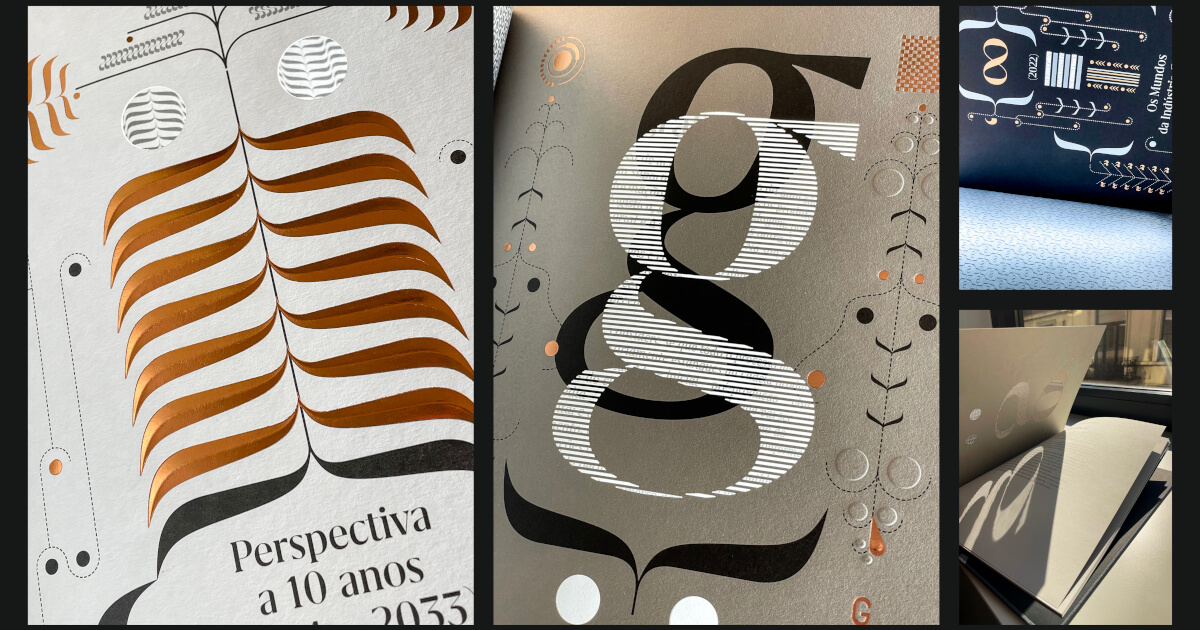 The book on the history of the national printing industry was the Gold Winner in the Editorial Design —...
The book on the history of the national printing industry was the Gold Winner in the Editorial Design —... -
 The paper by Quintino Lopes, Francisco de Lacerda, and Ana Simões, was the 2025 winner.
The paper by Quintino Lopes, Francisco de Lacerda, and Ana Simões, was the 2025 winner. -
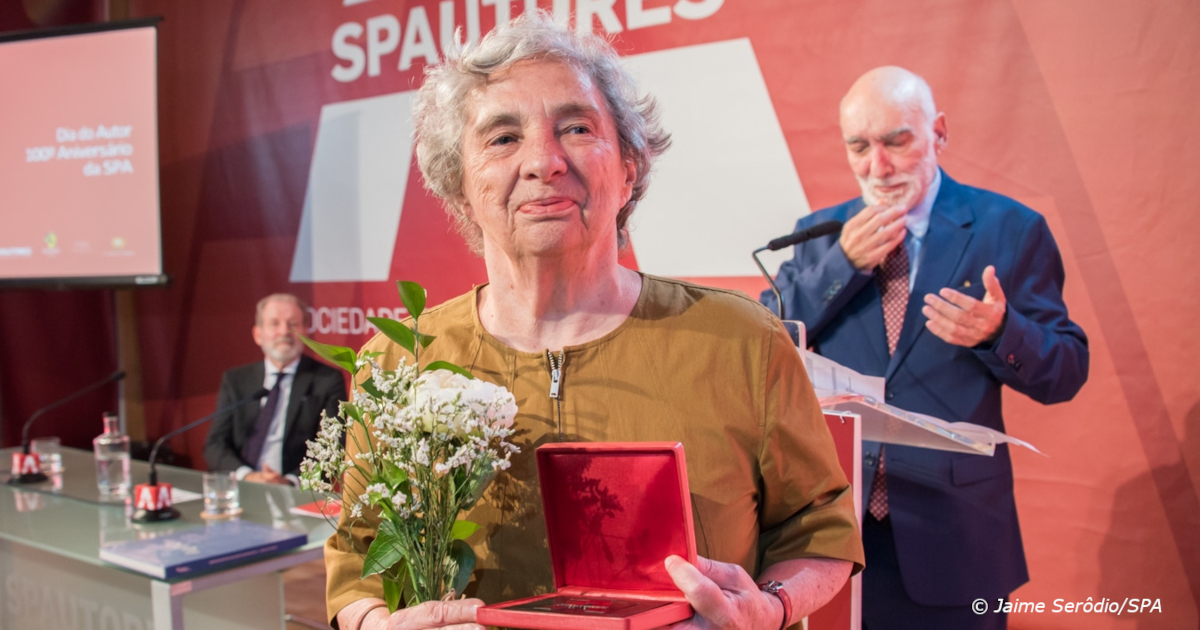 Irene Flunser Pimentel was one of the personalities honoured ‘for her outstanding contribution to culture’.
Irene Flunser Pimentel was one of the personalities honoured ‘for her outstanding contribution to culture’. -
 Miguel Carmo and José Filipe Costa worked on the film ‘I Only Rest in the Storm’
Miguel Carmo and José Filipe Costa worked on the film ‘I Only Rest in the Storm’ -
 ‘Angola: Saberes em movimento’ at the Frei Manuel do Cenáculo National Museum
‘Angola: Saberes em movimento’ at the Frei Manuel do Cenáculo National Museum -
 The PhD thesis was awarded the Francisco Canais Rocha Prize for studies on the labour movement
The PhD thesis was awarded the Francisco Canais Rocha Prize for studies on the labour movement -
 Catarina Laranjeiro and Inês Vieira Gomes are the curators of the exhibition
Catarina Laranjeiro and Inês Vieira Gomes are the curators of the exhibition -
 The first fiction feature by José Filipe Costa will be premiered in Portugal at the Indie Lisboa
The first fiction feature by José Filipe Costa will be premiered in Portugal at the Indie Lisboa -
 'Before Being Independence, It Was a Struggle For Liberation' recently opened
'Before Being Independence, It Was a Struggle For Liberation' recently opened -
 Civil Society Forum on Combating Antisemitism and Fostering Jewish Life
Civil Society Forum on Combating Antisemitism and Fostering Jewish Life -
 Joana Dias Pereira is a member of IFPH's Steering Committee
Joana Dias Pereira is a member of IFPH's Steering Committee -
 SMS — Shared Memories of Solidarity was selected for funding by the FCT
SMS — Shared Memories of Solidarity was selected for funding by the FCT -
 Community on the Zenodo platform, EU Open Research Repository, and a set of books on OAPEN
Community on the Zenodo platform, EU Open Research Repository, and a set of books on OAPEN -
 Collaborative museology with Kanawayuri Marcello Kamaiurá and Auakamu Kamayurá
Collaborative museology with Kanawayuri Marcello Kamaiurá and Auakamu Kamayurá -
 Eça de Queirós in Egypt and the Opening of the Suez Canal
Eça de Queirós in Egypt and the Opening of the Suez Canal -
 Conference and exhibition at the Santos Rocha Municipal Museum, Figueira da Foz
Conference and exhibition at the Santos Rocha Municipal Museum, Figueira da Foz -
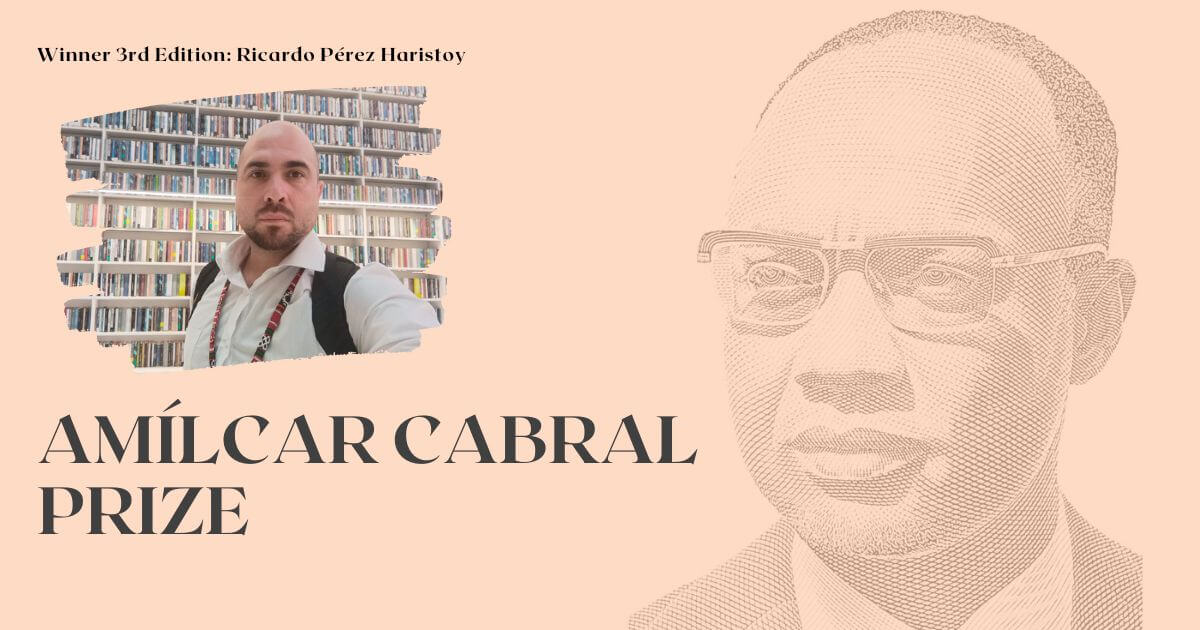 The winner of the Amílcar Cabral Prize will be in Lisbon next week
The winner of the Amílcar Cabral Prize will be in Lisbon next week
Search
Opportunities
Marie Skłodowska-Curie Postdoctoral Fellowships
Deadline (IHC): 1 June 2025
News
Ricardo Noronha leads team to study “petromodernity”
Jul 7, 2025
The PETROSINES project was one of the six History projects that received funding from the FCT
Statement about the demolitions in the Bairro de Santa Filomena
Jul 3, 2025
Statement from the team of the project FILMASPORA
VINCULUM recognised with European Union Prize for Citizen Science
Jun 20, 2025
VINCULUM’s application received an Honourable Mention in the European Union Prize for Citizen Science 2025
CONTACTS
WORKING HOURS



